beijing specialty
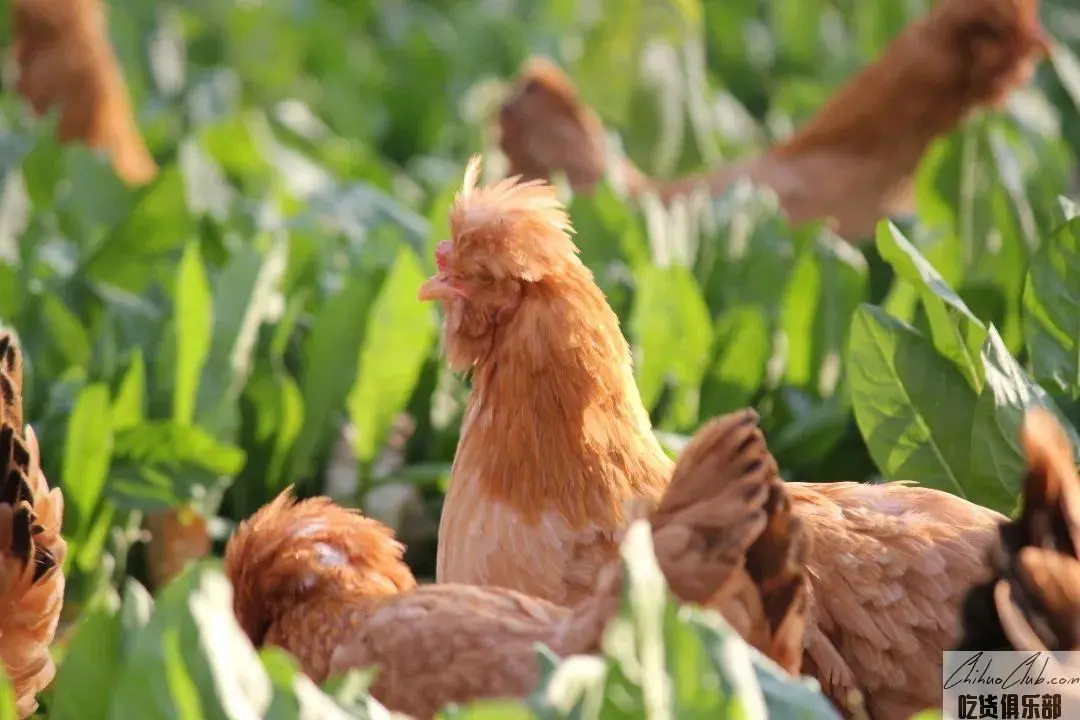

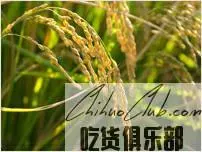
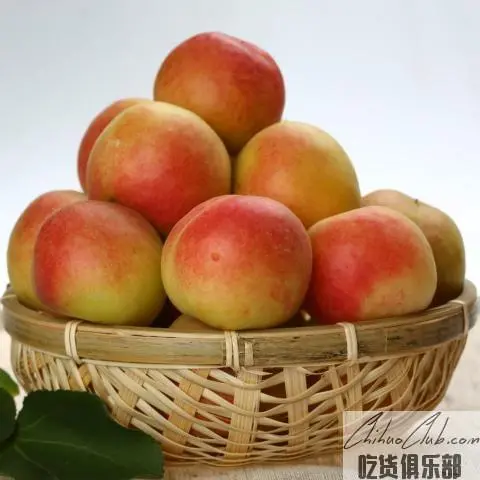
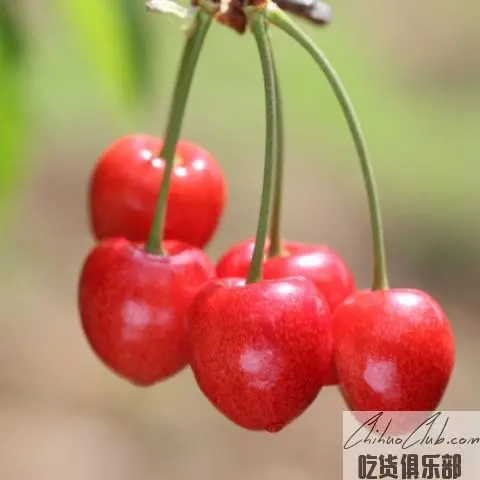
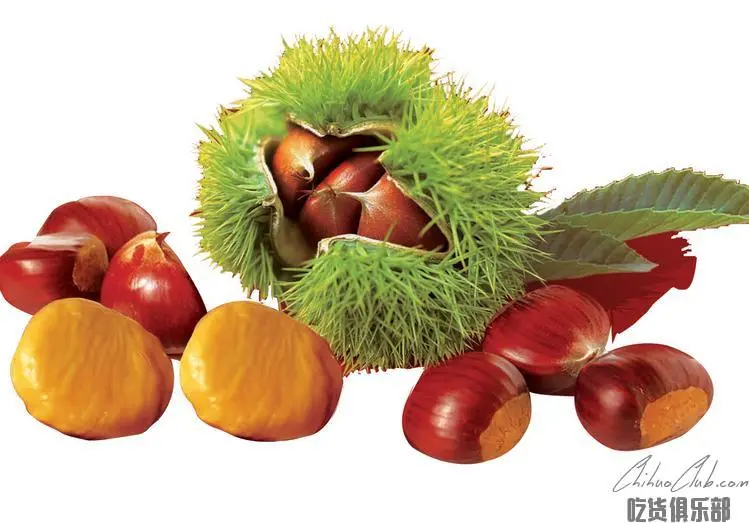
Yanshan chestnut, which is produced in the Yanshan Mountains, belongs to the North China variety and has a long history of cultivation. It has the unique flavor of sweet, sweet and fragrant, mainly distributed in the Hebei and Beijing jurisdictions of the Yanshan Mountains. Yanshan chestnut, also known as Jingdong chestnut, has a unique position in the production of chestnut in China. It is a traditional Chinese product, and is well-known at home and abroad.
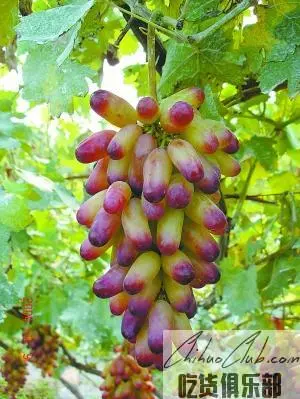
The grape ears of Zhangjiawan are neat, the fruit powder is intact, the peel is thick, and the fruit surface presents the characteristics of the variety; the flesh is fine, the ratio of sugar to acid is reasonable, and the palatability is good. Zhangjiawan has planted grapes since the Yuan Dynasty, and it has been seven or eight hundred years now.
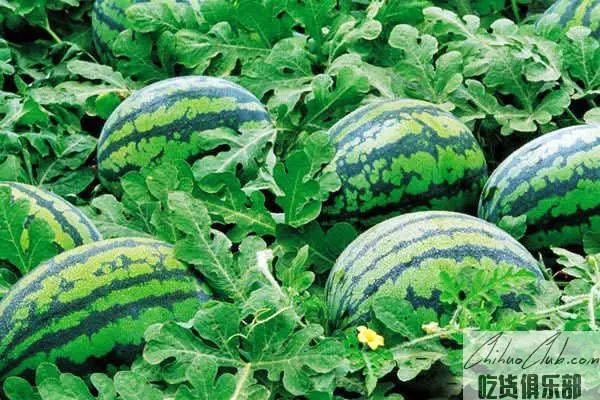
Beijing Daxing is known as the hometown of watermelon in China. Daxing Watermelon has long been a trusted brand of Beijing people.
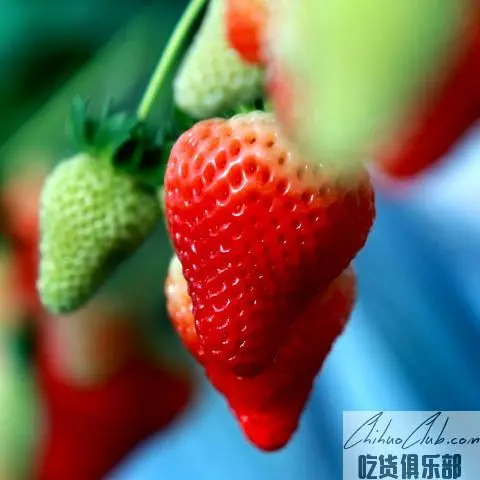
In the winter of Beijing, the silver is wrapped up, the flowers and trees are dying, and the bitter cold is hard to find a trace of life. However, in Changping, a suburb of Beijing, the strawberries growing in the greenhouse are like a ruby ruby, attracting countless tourists to watch the harvest. "The wind is cold outside the house, the strawberry in the shed is fragrant; the red strawberry is delicate and tender, and the picking is smiling." This is the true portrayal of the Changping strawberry picking season. Changping strawberry grows in the mountain front warm belt at the foot of Yanshan Mountain. The unique climatic conditions and pure and pollution-free natural environment make it form its own unique flavor and taste. Changping strawberry fruit is full, with fresh bracts; fruit is bright red, bright color; fruit shape is neat, beautiful and uniform; flesh is reddish, meat is fine; juice is sweet and sweet, rich in aroma, worthy of its "fruit queen" reputation.
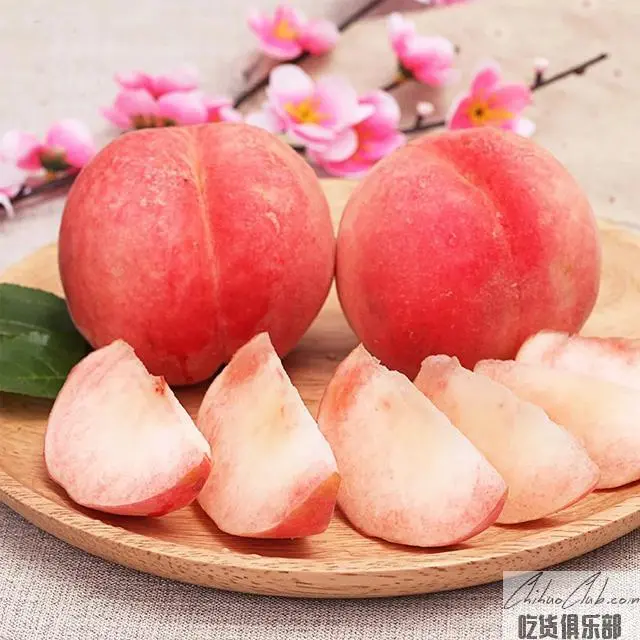
Pinggu Datao is produced in Pinggu District, Beijing, which is known as “China Taoxiang”. The main cultivars are Okubo, Qingfeng (Beijing No. 26), No. 14, Jingyan (Beijing No. 24), No. 24, Yanhong. (Green 9) and so on. Pinggu Datao is famous in China and abroad for its large size, bright color, high sweetness and no pollution. It is favored by consumers.
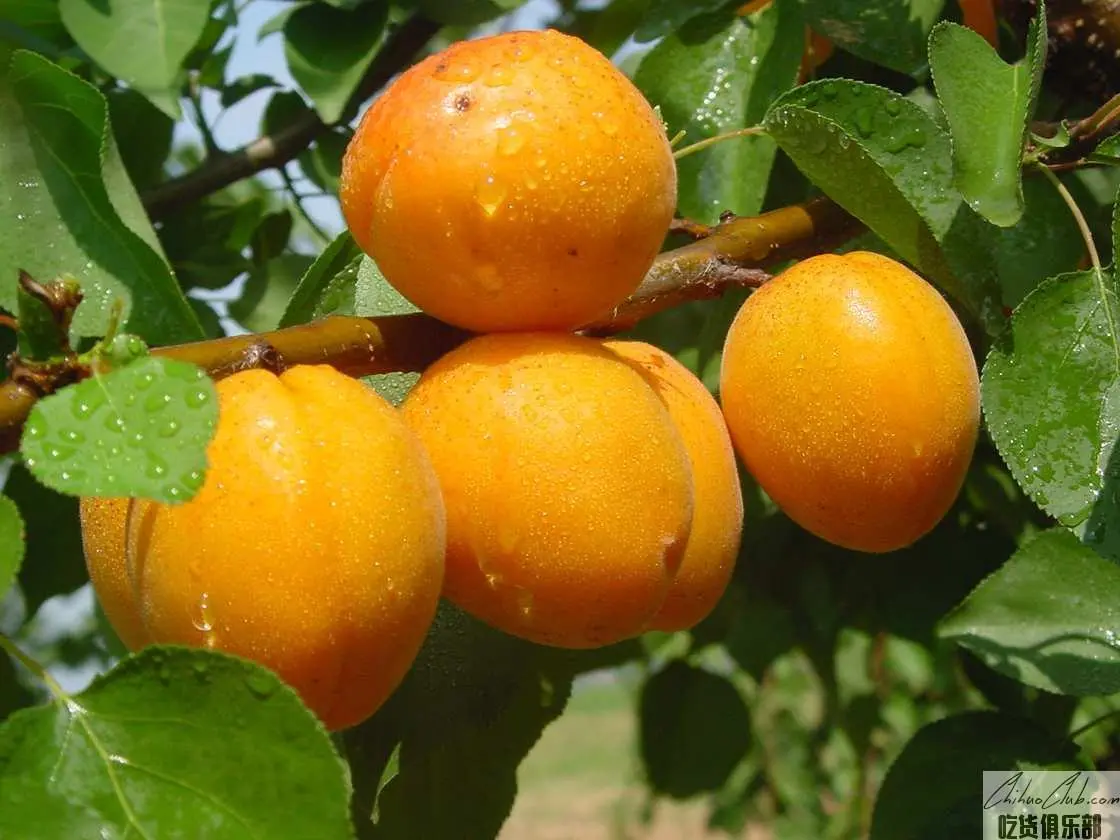
Beizhai Village, known as the “China's first village of red apricots”, is located in the northeast of Pinggu District. It is part of the southern Dulehe Town of Pinggu District. It is located in a narrow valley in the shallow mountainous area at the eastern end of the Yanshan Mountains. It is located in the deep mountainous area. The altitude is 135 meters to 151 meters, and the highest peak is 775 meters above sea level. The village covers an area of 23,000 mu, and the mountain forest coverage rate is 95%. It is surrounded by mountains on three sides, beautiful scenery, fresh air, pleasant scenery, lush vegetation and spring water. It is a natural “heat-resistant oxygen bar”. The natural conditions of green Tiancheng provide excellent soil conditions and climatic conditions for the cultivation of Beizhai red apricot, nourishing the growth of Beizhai red apricot. The sugar in the apricot pulp is accumulated in a large amount, which has created the unique quality of “Bei Zhai Red Apricot”. If it is removed from the planted in Beizhai Village, the taste and quality will change, and there are many “orange and Huainan oranges. Orange is the magic of Huaibei.
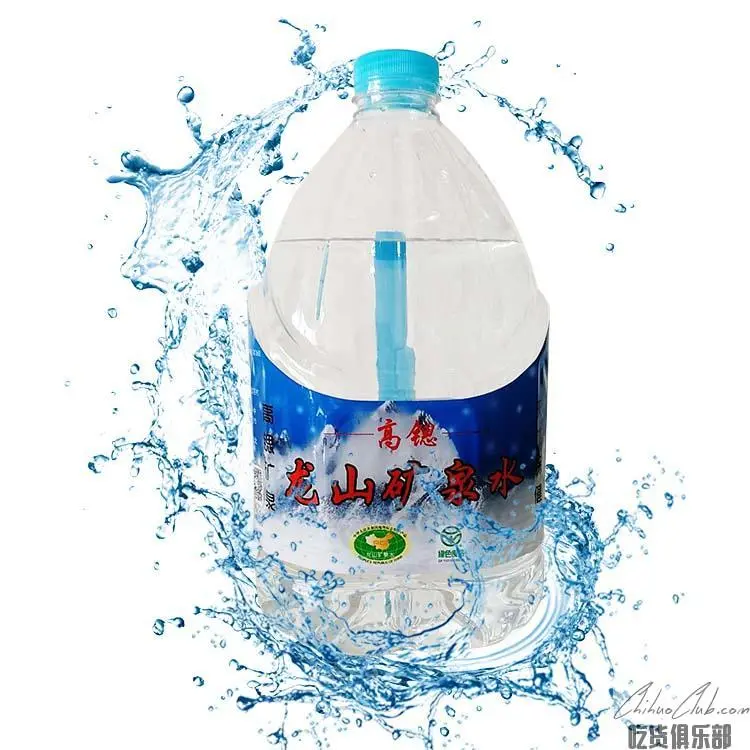
Longshan mineral water, specialties in Huairou District, Beijing. It has a mineralized taste, and it is better to drink and taste better. Scope of origin: Within the current administrative area of Beizhai Village, Qiaoyu Town, Huairou District (east longitude 116°39'07′′, north latitude 40°20′57′′).
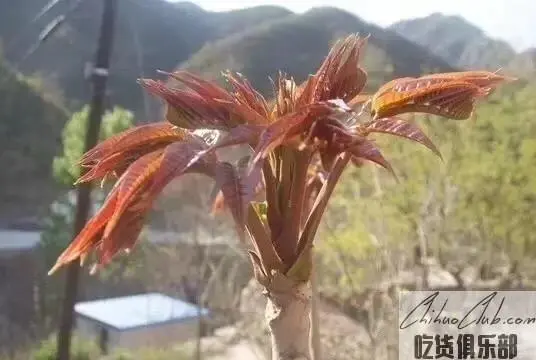
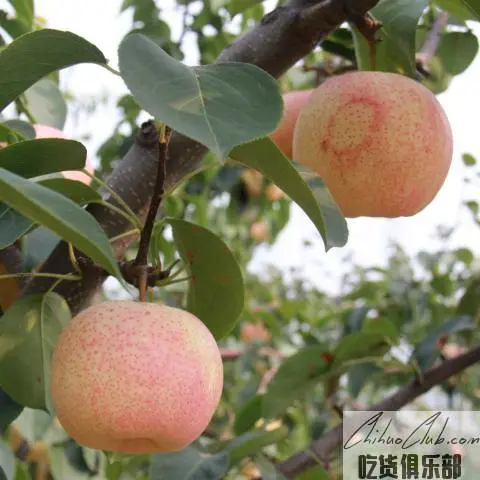
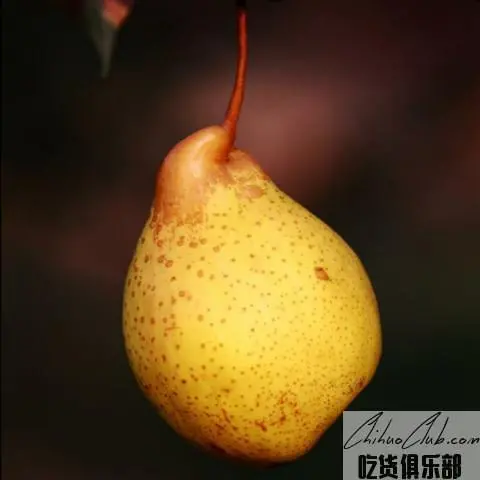
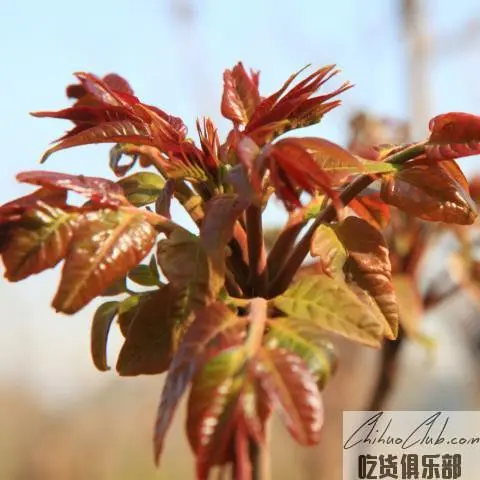
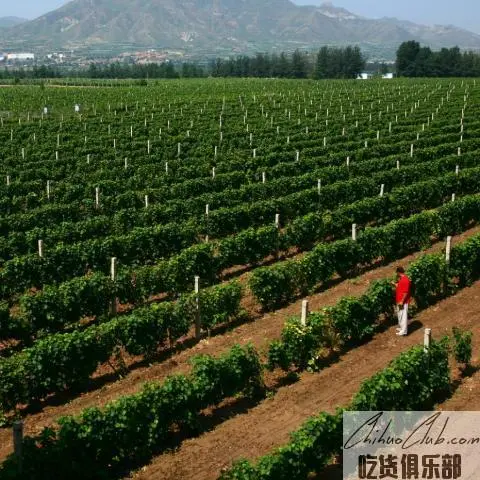
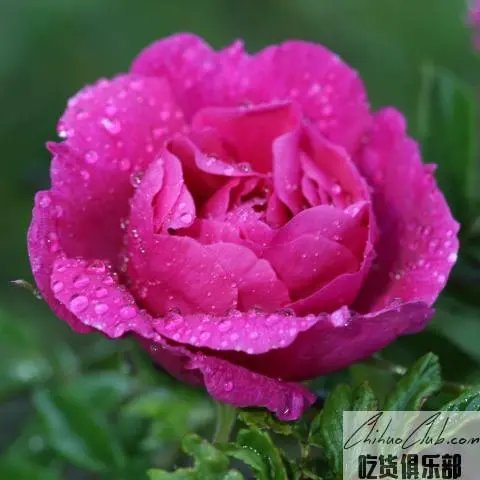
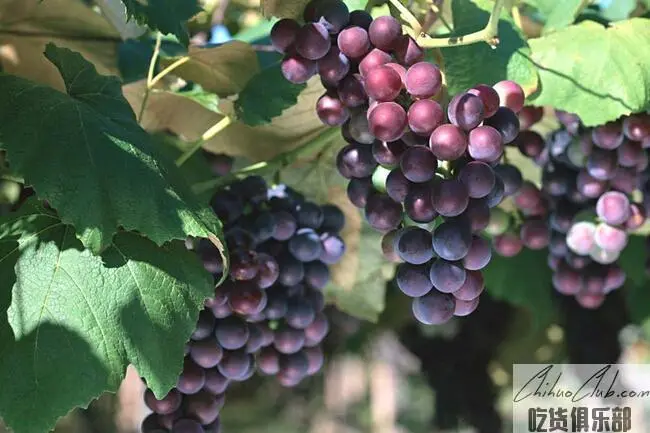
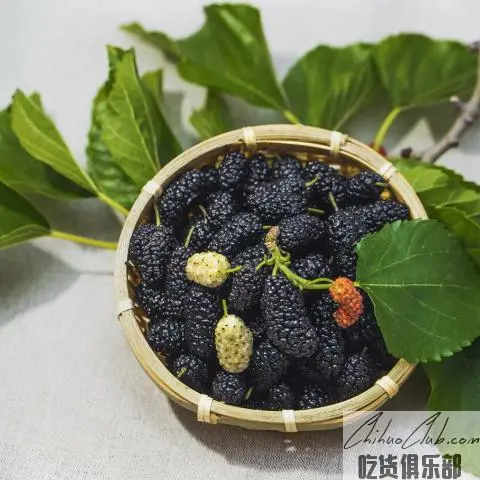
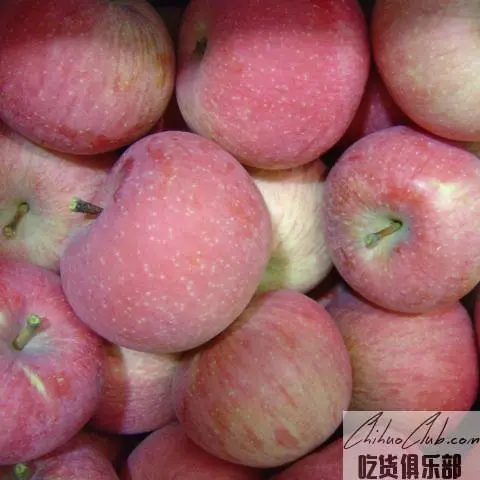
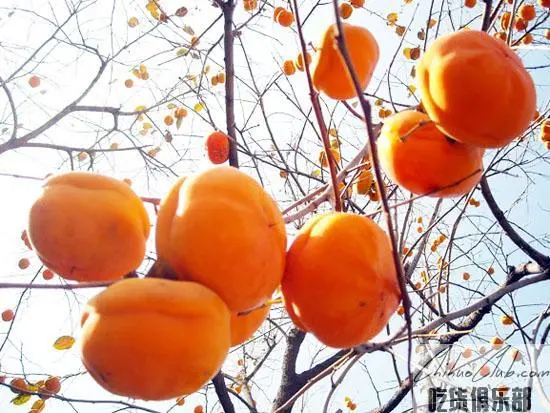
In the "Fangshan County" edited during the Wanli Period of the Ming Dynasty, there was a record of Zhangfang Mopan Persimmon: "Persimmon, a large-scale production of the territory, northwest Hetaogou, southwest Zhangfanggou, no village, no Beijing, Fangshan is the most populous.” After Mingcheng’s ancestral home in Beijing, Zhangfang’s Mopan persimmon was used as a tribute every year. Fangshan Mopan persimmon has obvious scars due to fruit, and is located at the waist of the fruit. The flesh is divided into upper and lower parts, which are named after the grinding disc.
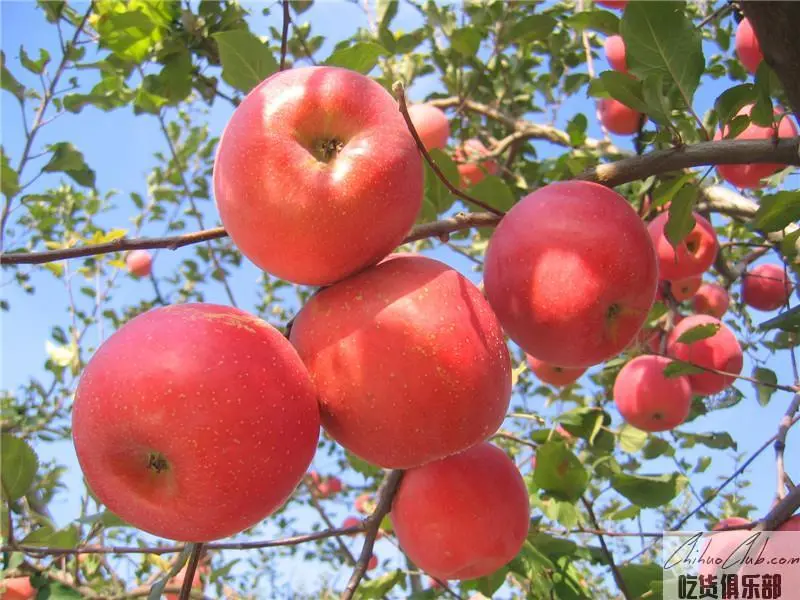
Changping is located in the suburbs of the capital, 30 kilometers away from the urban area. The Yanshan Mountains traverse the east and west, forming a natural barrier. The north is bounded by the Yanshan and Nanzhao Jingmi diversion canals, and the middle is a narrow hilly hilly landform from east to west. It is the "warm belt in front of the mountain." At the southern end of the warm zone, the Jingmi diversion channel flows slowly from east to west, separating the mountains and plains organically, such as the same natural “air conditioning” to regulate the regional microclimate. The water that Changping apples drink is taken from the deep layer of water filtered by layer below 200M. From the test results of Beijing Municipal Center for Disease Control and Prevention, we can see that the water contains zinc, strontium, selenium, metasilicate and so on. Beneficial minerals, pure water quality, basically reach the standard of silicon-based natural drinking mineral water. The quality of Changping apples grown with mineral water is naturally different.
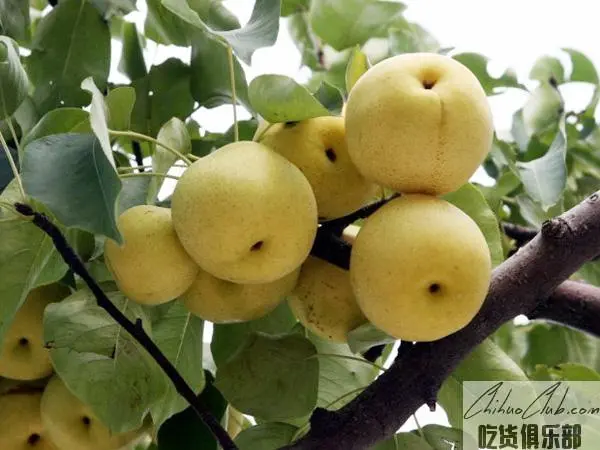
Jingbai Pear, also known as Beijing Baili, is native to Junzhuang Town, Mentougou, Beijing. It is one of the best quality varieties in the Qiuzi pear system. It is the only local variety in Beijing fruit that is labeled “Jing”. Jingbai pear is the fruit of the white pear of the Rosaceae family. Jingbai pear fruit is oblate, with an average fruit weight of 110 grams and a large fruit weight of more than 200 grams. The peel is smooth and thin, the flesh is white and delicate, the flesh contains less stone cells, juicy and sweet, sweet and sour taste, the aroma is attacking, the edible rate is 93%, and the quality is excellent.
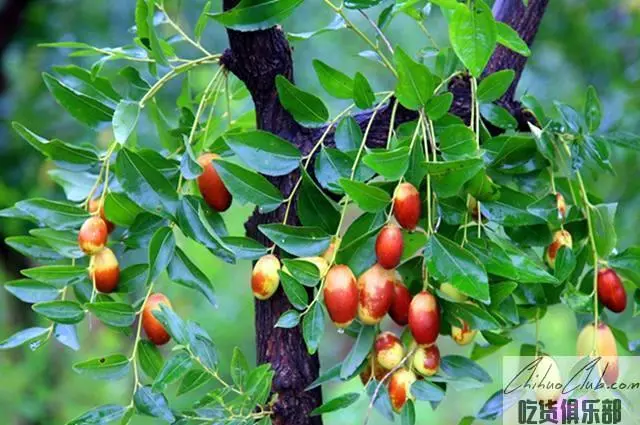
Bridge Jujube, special product of Qiaoyu Town, Huairou District, Beijing. Jujube is a local jujube in Beijing. It was used as a tribute in the Imperial Palace during the Ming Dynasty. But it didn't take long for the jujube to cut production quickly, and it was once extinct. Since 2004, Qiaoyu Town has carried forward this characteristic fruit according to its own advantages, so that ordinary people can also eat fresh jujube. After several years of development, the jujube varieties in the town, including jujube, include more than 10 varieties such as winter jujube and golden silk jujube, and are known as the “first town of jujube jujube”.